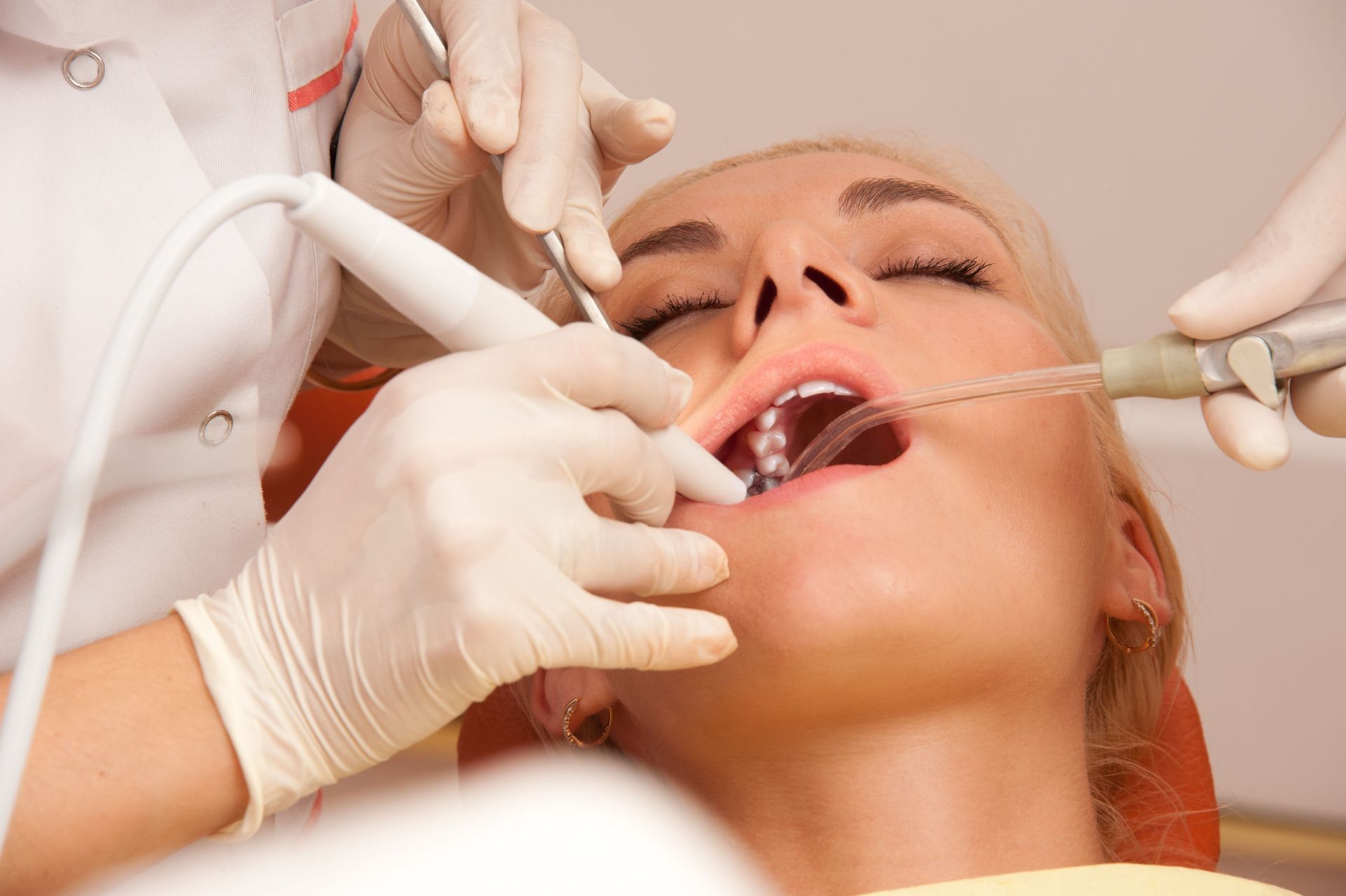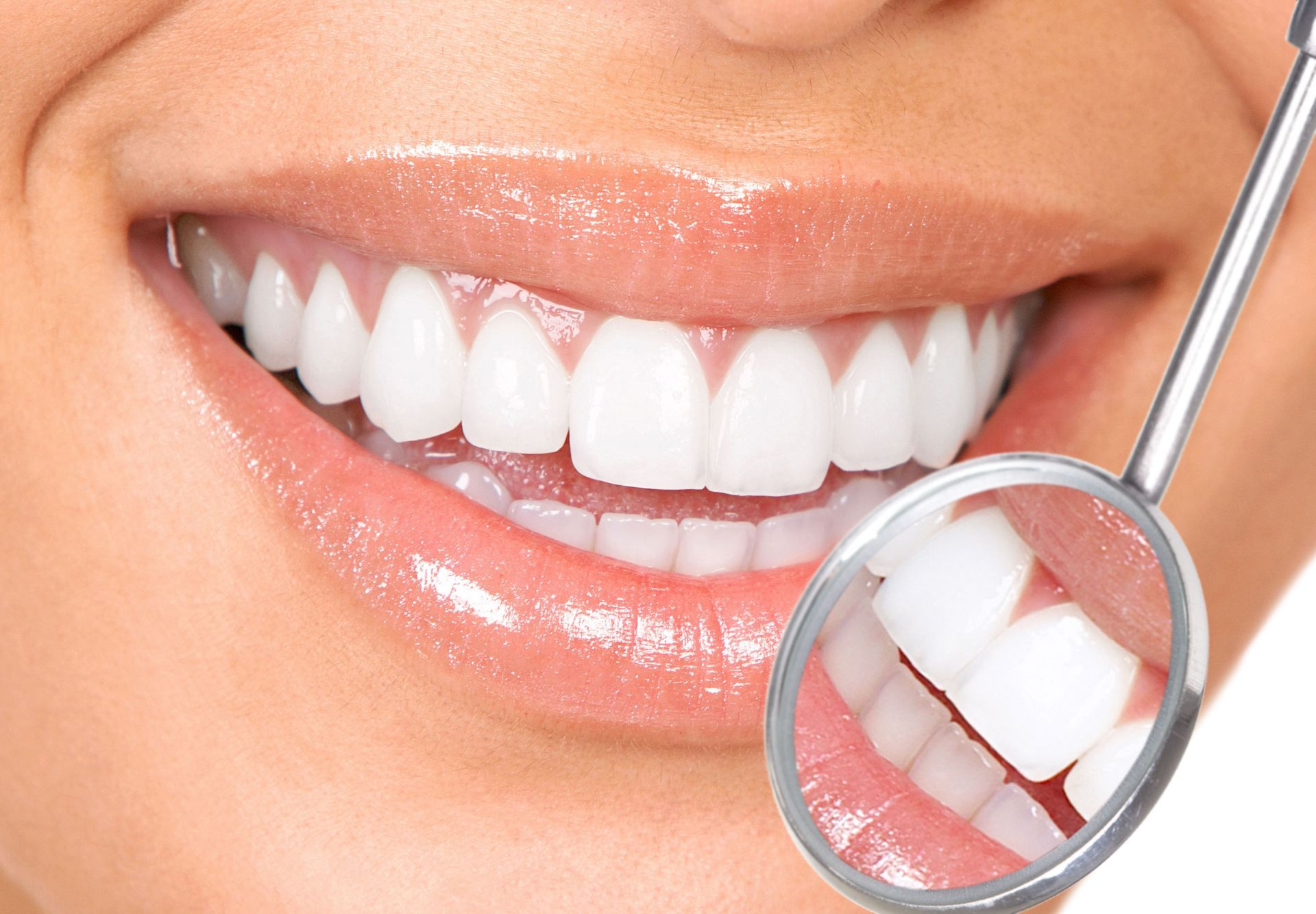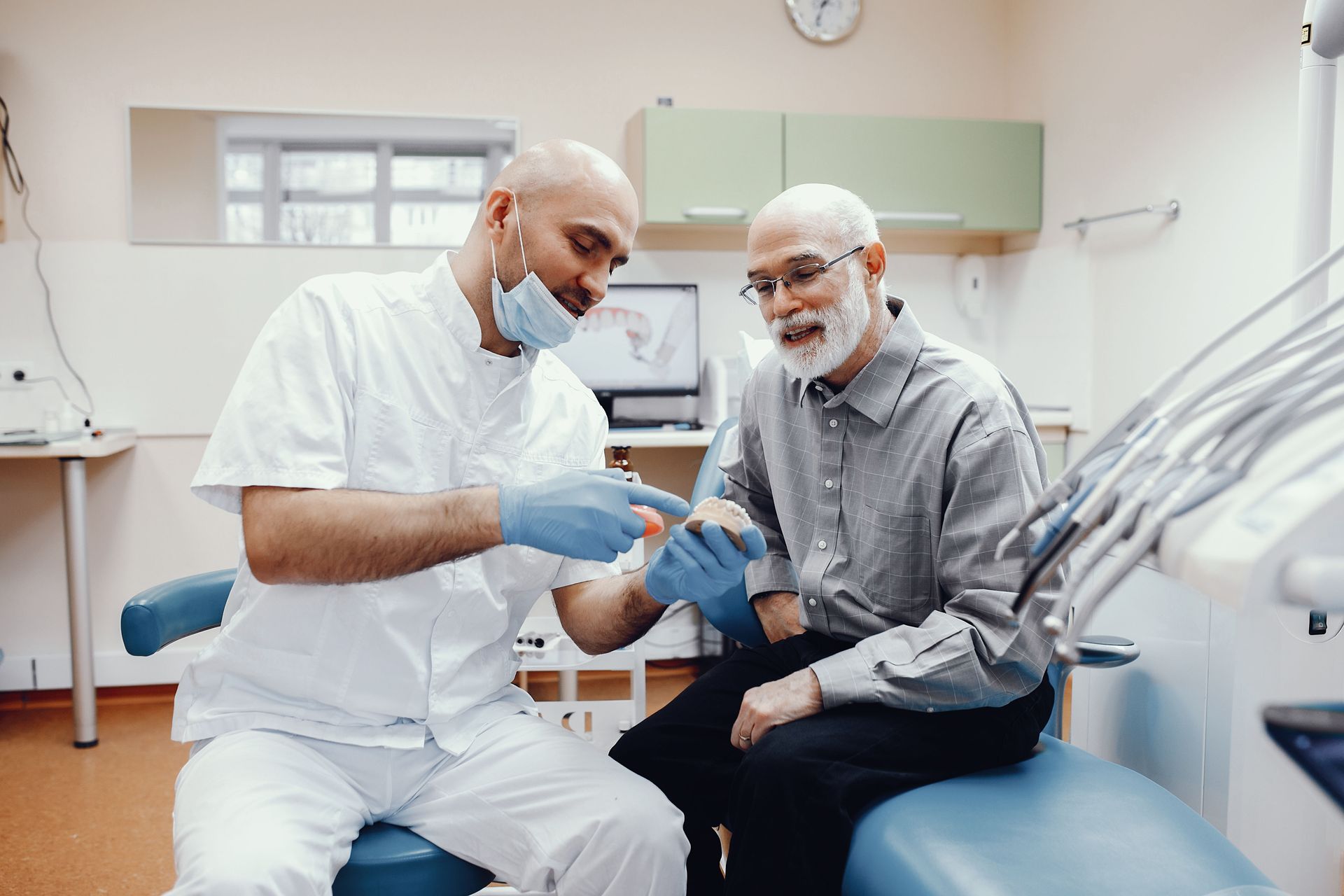Children's Dental Health Month
February 19, 2021
February is Children's Dental Health Month

Happy New Year! And what a year 2021 has been! I don't know about you, but I'm ready for spring! Lots of snow and ice over the last month. I hope you like the Snapchat photo of me with two of our boys . They really enjoyed the broccoli filter, but have yet to enjoy actually eating broccoli.
February is recognized as Children's Dental Health Month. Our children's dental health definitely requires time and attention, but mostly patience on the part of the parents who are looking after their children. Most small children don't enjoy having their teeth brushed. Actually, some adults don't enjoy having their teeth brushed. The benefits of regular teeth brushing far outweigh the costs of not doing so.
Children's teeth are more susceptible to decay than adult teeth as they have thinner of that hard, very mineralized outer layer known as Enamel. Enamel is like the armor of the tooth, without it, or once it is penetrated, decay can pretty much spread unchecked. That is why it is so important to keep our enamel that covers our teeth as healthy as possible. When decay, or dental caries penetrates through this calcified outer layer into the under layer known as dentin (which is less mineralized and more organic), we call this the point of no return. This is the point at which we will recommend a filling or other restoration depending on the extent of decay. All cavities (dental caries) start out microscopic and become larger if left unchecked.
Ways to prevent or stop decay include:
- Drink plenty of water
- Brush your teeth 2 times a day, and floss daily (not just when food gets caught somewhere)
- Use a fluoride toothpaste
- Decrease frequency and amount of highly refined sugars or very sticky foods in your diet
- Decrease frequency and amount of carbonated, acidic beverages that you drink throughout the day
- Visit your dentist regularly, at least every six months
Why water? Water helps to dilute acids and sugars consumed in the mouth, it helps to wash them away as well. If you are well hydrated, your mouth will be less dry and produce more saliva. The saliva in your mouth actually helps to buffer acids in your mouth as well.
Why brush your teeth 2 times a day and floss daily?
Most eat 2-4 meals/snacks throughout the day. Before you go to sleep is a great time to brush your teeth as you never know what food has been left behind. Flossing to actually clean your teeth is different then flossing to get stuck food out. The proper way to floss is to actually adapt the string floss around the contours of each tooth and slide slightly below the gum line (no we aren't chopping off/cutting into the pink papilla, we are cleaning around this tissue too). The longer you go without brushing and flossing, you will probably notice a film or sticky substance buildup on your teeth. This is called plaque. Dental plaque is a gooey substance secreted by bacteria that helps them stay stuck to your teeth. Every time you eat any carbohydrates, the bacteria also eat whatever is left behind in the mouth and secrete acid as part of their metabolism. When you brush your teeth and floss, you are physically removing the bacteria, or decreasing the bacterial load in your mouth. Less bacteria, means less acid secretion, means less damage to your teeth. Floss really gets those hard to reach places your toothbrush cannot get into.
Why use fluoride toothpaste?
Fluoride in tooth paste can remineralize enamel that has been exposed to acid and effectively demineralized as a result. Enough demineralization of your enamel will cause a "cavity" or hole in your tooth as the tooth structure weakens and then cavitates. If you are constantly or repetitively brushing your teeth with a fluoride based toothpaste it can help reverse the small damages resulting from your favorite foods throughout the day. It's one way to fight back! Depending on the age of your child, the amount of fluoride toothpaste used by your children should be limited. Too much fluoride can be toxic for young children. So it is very important if your child is of the age that enjoys swallowing the flavored toothpaste to limit to the size of a grain of rice. By the age of 3-6 years old, a pea sized amount of toothpaste becomes more appropriate. Age 6 years and older can use about double the size of a pea.
Why decrease the amount and frequency of highly refined sugars and sticky foods, carbonated and acidic beverages? Every time you eat sugar or sticky foods or drink carbonated (acidic) beverages, they count as an exposure. It generally will take your body about 15 minutes to get the acidity level back to normal or neutral. If you are snacking, you will spend more of your day in an "acid attack" state. Think of the length of exposure to acid. The more acid exposure, the more demineralization, the larger the cavities.
Why visit your dentist regularly? Having an extra set of trained eyes, we as dentists can look for developing issues before they become larger problems. We will help keep you in check. We will redirect you if we see certain habits are contributing to acid attack on your teeth. Generally the longer you go in between visits, the bigger problems can become. They also become more expensive or time consuming to treat as well. In conclusion, conservative treatment is our hope for all of our patients.
Your child will be happier seeing the dentist if more often than not we aren't finding any problems at their dental visits. We aim to have positive outcomes with all of our patients. We understand that life sometimes gets in the way and you may go longer in between visits. Your efforts at home to keep your teeth clean and healthy teeth habits will pay off in between your dental visits!
We hope this post was helpful and informative! Hopefully spring is almost here!
Until next time!
Dr. Tran





